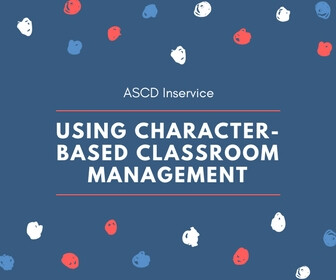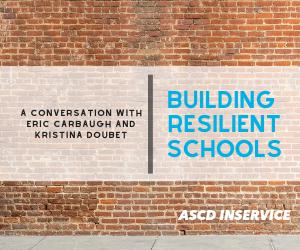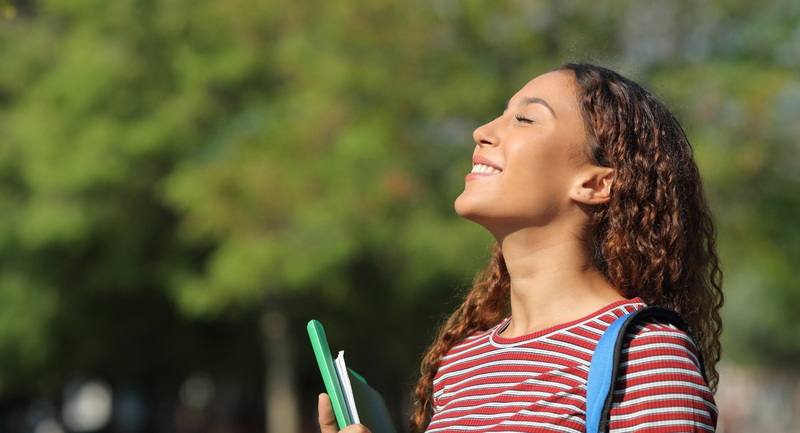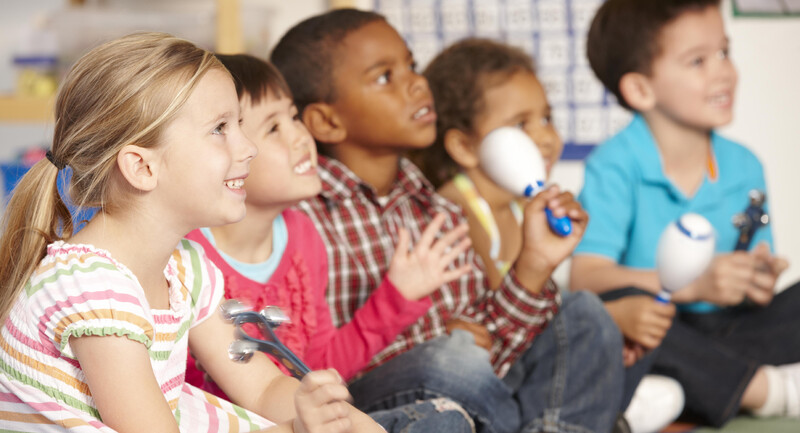This blog post is part of an ASCD partnership with Wonder Media. To see all blog posts from Wonder Media on the 16 Habits of Mind, you can click here.
Hip Hip Hooray! Habits of Mind are here to stay! Congratulations on the 25th Anniversary of the Habits of Mind. The Charles D. Wyche, Jr. Family, Students, Teachers, Parents, Community thank Drs. Bena Kallick and Arthur Costa, with gratitude and joy, for enhancing our brains and hearts with the 16 Habits of Mind.
At Charles D. Wyche, we are approaching our contribution to the Habits of Mind Time Capsule by first recognizing that a time capsule is “… usually intended as a method of communication with future people” (Retrieved from https://en.wikipedia.org/wiki/Time_capsule). What might we want to communicate to future generations of Habits of Mind users? Our use of Habits of Mind has challenged us to shake off the inherited industrial model of schooling which assumes that learning is about pouring knowledge into a student’s head and measuring how much was retained, and to work toward the American educational philosopher John Dewey’s idea that teaching, and learning is about giving the student something to do and not something to learn, and the doing is of such a nature that demands thinking; then learning results naturally. Given the foregoing, we believe that the 16 Habits of Mind will remain important in the next 25 years.
We hope future educators will focus on the Deweyan idea that necessitates reliance on the assumption that change, and growth take place when people are actively involved in their learning rather than just being receivers of information. We hope the schools 25 years from today are continuing to prepare students to be active in a democratic society, which as Dewey indicated is not just a form of government, but an associated way of living.
We ask educators who may be reading this in 2043 to consider the following:
- Are you giving your students something to do such as to solve a problem, engage in an experiment, gathering data using their senses etc.?
- Does the doing require that students come to know something, and to acquire skills in the process?
- Are the students behaving more intelligently in their doing by combining physical action and reflection in their learning as they internalize and demonstrate a variety of the 16 Habits of Mind?
- Is this model of teaching and learning just as relevant to you as it was to us this past year?
- Are you in 2043 facilitating student learning by helping your students to create ownership of their own learning by applying this learning to real life situations and to future learning through opportunities for reflection, and feedback from peers and teachers?
- Is your utilization of the 16 Habits of Mind reinforcing evidence that physical, emotional and social involvement in the learning process increases engagement and retention? An experiential approach to learning and the Habits of Mind does just that.
- Is your use of Habits of Mind Animations enhancing the internalization of Habits of Mind for your students, like they did for our students this past year? See video here. Are your students persisting more in accomplishing tasks? Are they communicating with clarity and precision more? Are they remaining open to continuous learning?
As we welcome the start of 2018 and celebrate 25 years of Habits of Mind, we hope that these meaningful habits will be celebrated for years to come. We hope educators in 2043 will find the Habits of Mind just as relevant and inspire future generations of problem solvers and critical thinkers by supplying them with these 16 essential life skills.
The Habits of Mind Time Capsule is now open for submissions! Click (here) for your downloadable form.
Please send in your submissions to:
Wonder Media
ATTN: Habits of Mind Time Capsule
16530 Ventura Blvd. Suite 600
Encino, CA 91436
Digital submissions can be emailed to: hom@wondergrovekids.com
Mickey Weiner has gleaned 30+ years of teaching and learning experiences as an elementary school teacher and teacher leader in Title I schools throughout Miami Dade County, Florida. She is a lifelong learner who earned a Bachelor’s of Science in Elementary Education (University of Wisconsin), a Master’s in Reading and a Doctorate in Curriculum and Instruction (Florida International University). She is a National Board Certified teacher who is currently working as a Mathematics Coach at Charles D. Wyche Elementary in Miami. When the last school bell rings, she enjoys practicing the Habits of Mind with parents and students in the After School Care Program.
Barbara L. Johnson received her Bachelor’s and Master’s degrees from East Carolina University in Greenville, NC. She taught elementary students for 3 years in Greenville and later continued to teach in Miami, FL to complete a 10-year tenure as a classroom teacher. She obtained a specialist and doctorate degrees from Nova Southeastern University. She served as an Assistant Principal for 8.5 years and has been a Principal for 15 years in Miami-Dade County Public Schools. Currently she is the Principal of Charles D. Wyche Elementary where she has been the Principal for the past 10 years.








